Section 7
Socialization Throughout the Life Span
By Boundless
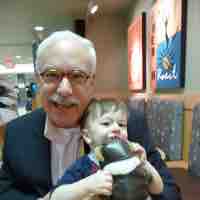
Socialization is the lifelong process of preparing an individual to live within his or her own society.
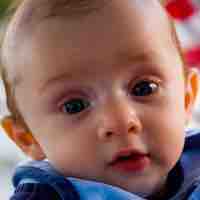
The life course approach analyzes people's lives within structural, social, and cultural contexts.
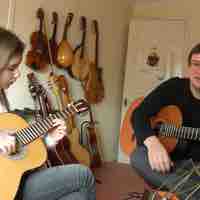
Anticipatory socialization comes from an individual's desire to join a group while resocialization is imposed upon an individual by a group.
The socialization process can be separated into two main stages: primary socialization and secondary socialization.
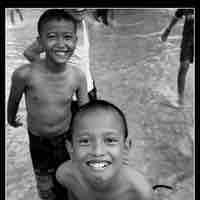
Childhood has been constructed in different ways over time, though modern childhood is often defined by play, learning and socializing.
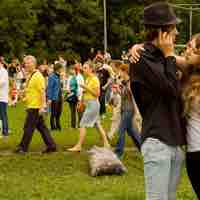
Adolescence is a period of significant cognitive, physical and social development, including changes in family and peer relationships.

Coming of age traditions, while different across the world, are seen in almost every society.

People marry for love, for socioeconomic stability, to start a family, and to create obligations between one another.

Middle adulthood is generally accompanied by a decline in physical health and fertility, and an increase in ability to cope with stress.
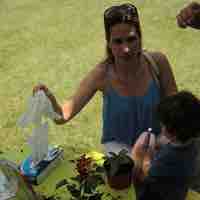
Parenting is the process of supporting the physical, emotional, social, and intellectual development of a child from infancy to adulthood.

A vocation is an occupation to which an individual is particularly drawn.
Old age cannot be exactly defined, but it is often associated with certain activities, such as becoming a grandparent or entering retirement.
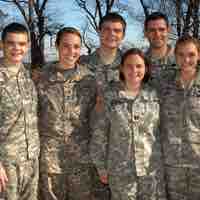
Who we are as people is determined by both our genes (nature) and our socialization (nurture).